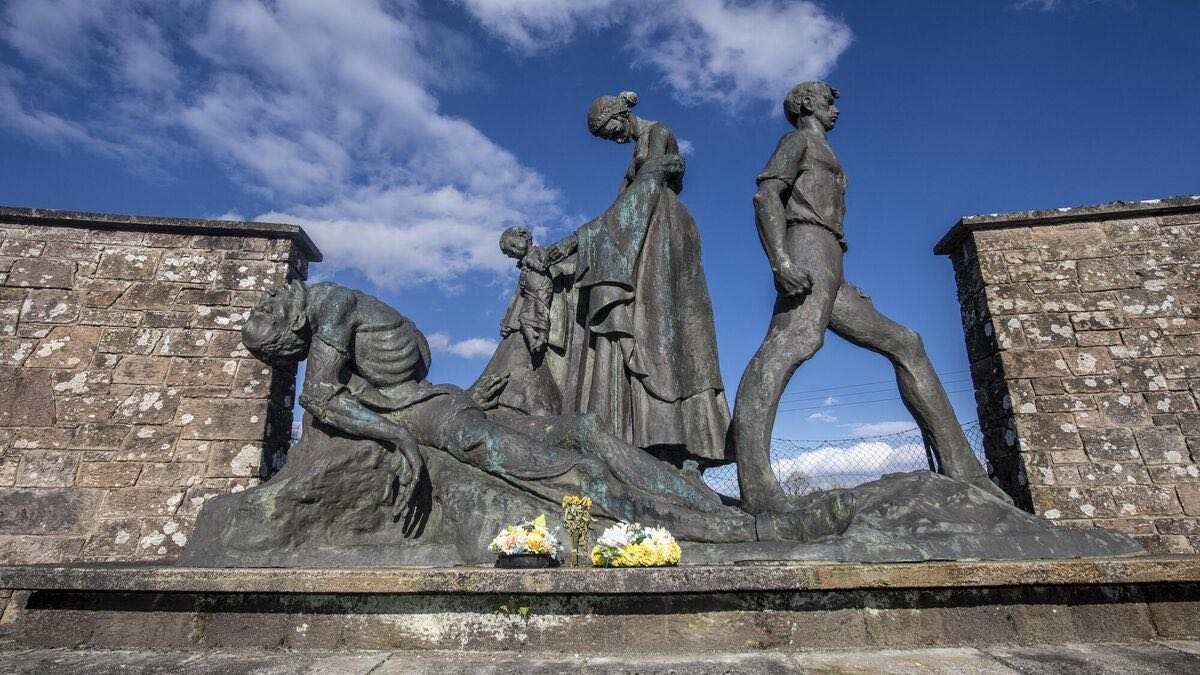
A number of commemorations are taking place in the coming weeks to mark the centenary of Civil War events, including an atrocity against Republicans in Kerry known as one of the worst of the conflict.
Events will take place next weekend to mark 100 years since the Ballyseedy massacre was carried out by Free State forces against those opposed to the Treaty of 1922 and the partition of Ireland.
It was one of a series of war crimes in Kerry in March 1923 when 23 Republican prisoners were murdered in the county by pro-Treaty forces, and another five Volunteers executed, over a period of just four weeks.
In the most infamous incident, Republican prisoners were killed by using them to “clear mined roads”. Nine Republican prisoners who had previously been tortured, with bones broken with hammers, were taken from Ballymullen Barracks in Tralee to Ballyseedy crossroads and tied to a land mine which was detonated, after which the survivors were machine-gunned. One of the prisoners, Stephen Fuller, was blown to safety by the blast of the explosion.
The Free State troops in nearby Tralee had prepared nine coffins, unaware of Fuller’s escape. The Dublin Guard released nine names to the press, but the fabrication hastily changed when they realised their mistake. There was a riot when the bodies were brought back to Tralee, where the enraged relatives of the killed prisoners broke open the coffins in an effort to identify their dead.
This was followed by a series of similar incidents with mines within 24 hours of the Ballyseedy killings. Five Republican prisoners were blown up with another landmine at Countess Bridge near Killarney and four in the same manner at Cahersiveen. Another Republican prisoner, Seamus Taylor, was taken to Ballyseedy woods by National Army troops and shot dead.
On 28 March, five IRA men, captured in an attack on Cahersiveen on 5 March, were officially executed in Tralee. Another, captured the same day, was summarily shot and killed.
In total, thirty-two Anti-Treaty fighters died in Kerry in March 1923, of whom only five were killed in combat.
The Dublin government is now being urged to amend the record of the Dublin parliament to reflect the reality of what happened at Ballyseedy. The current Dáil record from 1923 shamefully exonerated the Free State Army of any wrongdoing.
Identical motions by Sinn Féin councillors Deirdre Ferris and Robert Beasley say the deaths of eight Republican prisoners in early March 1923 near Tralee was a deliberate action by the Free State Army and not because of a roadblock mine set by republicans.
A move in January by Mr Beasley to look for an official apology for Ballyseedy was dismissed as divisive by Fine Gael and Fianna Fáil councillors.
“We have been waiting for the apology and it hasn’t come,” said Mr Beasley.
An official state event to mark the Ballyseedy atrocity is taking place on Sunday 5th March at 3.30pm. Sinn Féin is to hold its own commemoration, with Party president Mary Lou McDonald speaking, beginning at noon. Republican Sinn Féin will be holding their own separate commemoration at 1.30pm.
![[Irish Republican News]](https://republican-news.org/graphics/title_gifs/rn.gif)
![[Irish Republican News]](https://republican-news.org/graphics/title_gifs/harp.gif)

